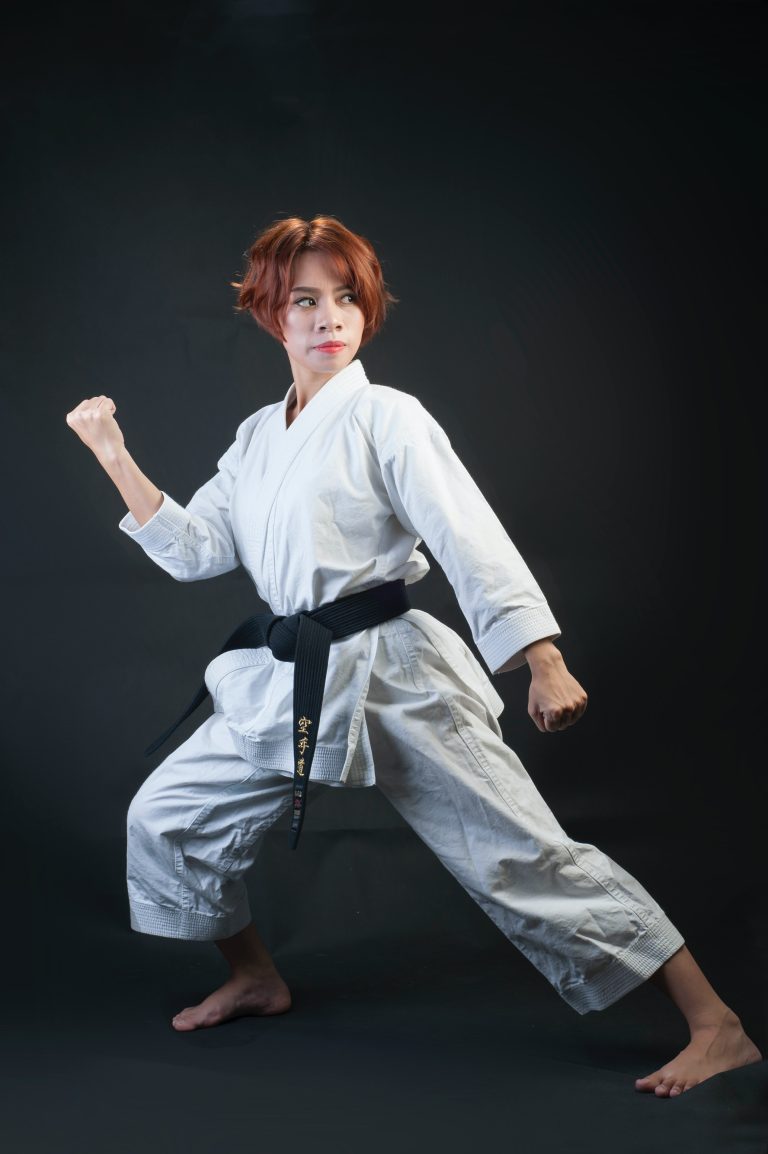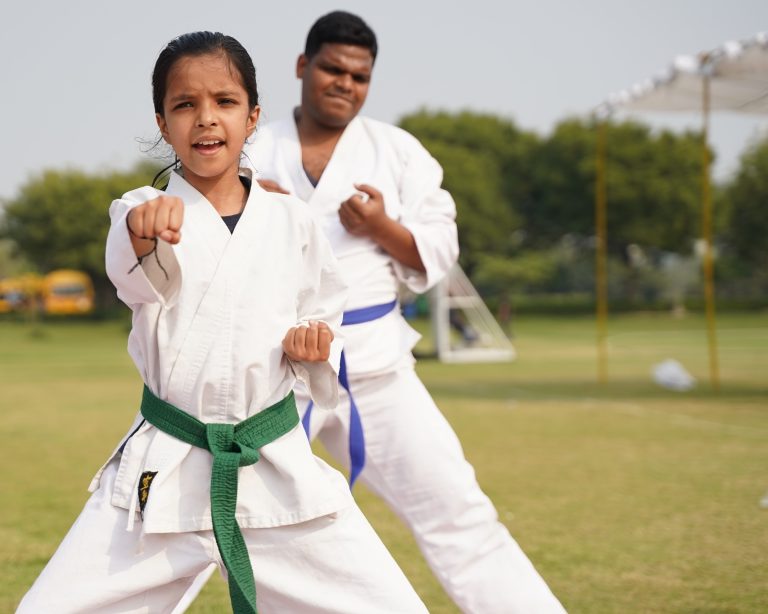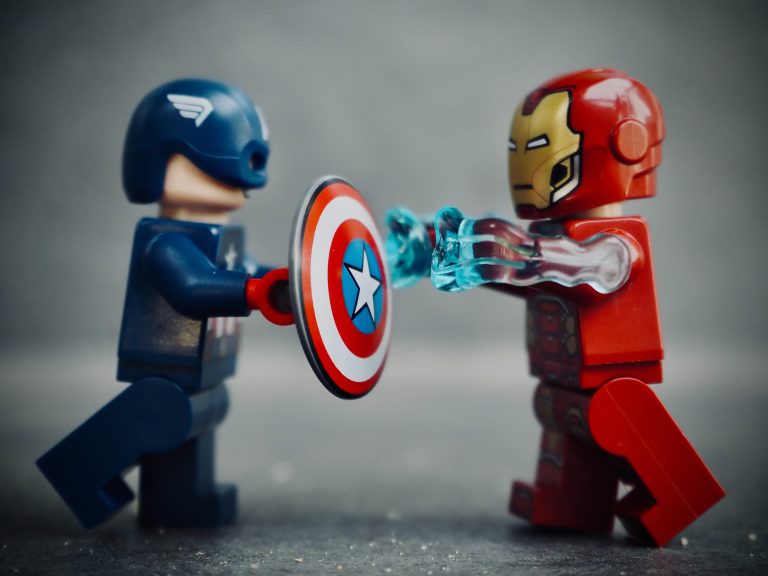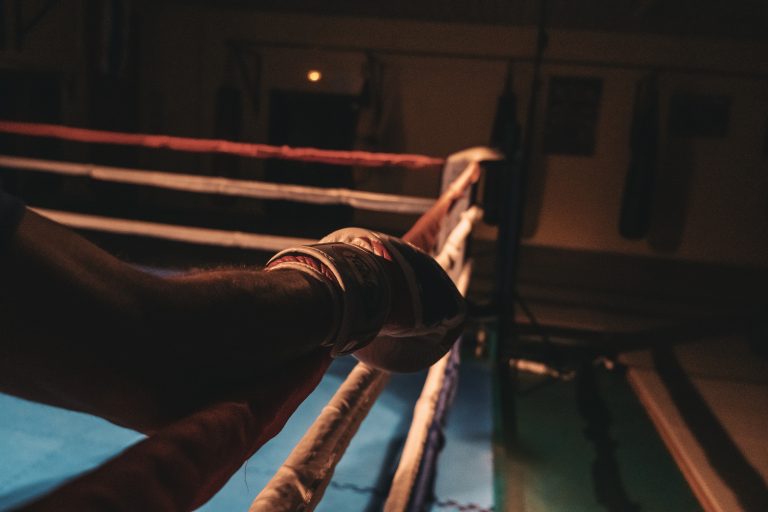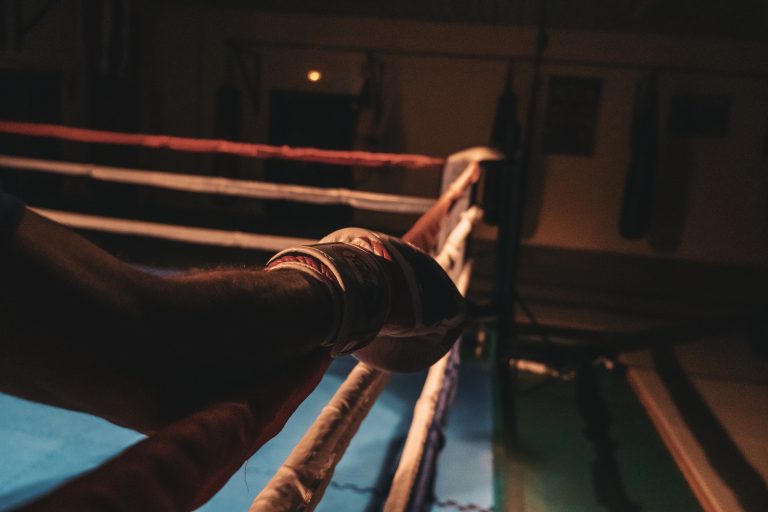A Complete Guide to How Karate Can Help With Self-Defense
Self-defense is something that everyone should be aware of—whether it’s a knowledge of basic safety practices or having practical skills to help protect yourself in case of an attack. Karate is a great way to learn how to defend yourself, as it provides both physical and mental benefits. In this post, we’ll go into greater detail about how karate can help with self-defense, the different aspects of karate that aid in self-defense, and how this martial art can increase both awareness and physical ability.
What is Karate?
Karate is a martial art that originated in Okinawa, Japan. It became popularized by Gichin Funakoshi, who is considered the founder of modern karate. The word karate means “empty hand” and refers to the discipline’s unarmed combat techniques. Karate encompasses strikes, kicks, blocks, joint locks, and throws, among other things. It is practiced and taught in a variety of settings, including state-run schools, private dojos, and community centers around the world.
How Karate Can Help With Self-Defense
Karate can help with self-defense in a few different ways. First and foremost, karate provides students with practical physical self-defense skills. Karate teaches students how to identify and respond to potential threats and develop the strength and agility needed for self-defense situations. These skills can be useful in helping fend off attackers or escape from dangerous situations.
Karate also teaches mental discipline and awareness. The focus placed on discipline and control through kata (forms) can be applied in life beyond the dojo setting. This heightened awareness allows students to be more aware of their surroundings and potential dangers, such as enabling them to spot a threat before it happens and have time to react. The combination of physical preparedness and mental awareness makes karate a good martial art choice for those who wish to learn self-defense.
Finally, karate provides students with practical conflict resolution skills that can be used outside of the dojo. Through kata, students practice responding calmly to potential threats or aggressive actions. This helps them stay focused and look for solutions rather than succumbing to a fight or flight response when faced with a dangerous situation.
What Aspects of Karate Can Help With Self-Defense?
Karate includes three main aspects that contribute to the development of self-defense skills: kihon (basics), kata (forms), and kumite (sparring).
Kihon
Kihon covers basic strikes, blocks, punches and kicks. In kihon, students are taught proper form when striking and defending against an attacker. This helps them establish the right body alignment and power when defending against an attacker, making their defensive reactions more effective.
Kata
Kata are prearranged sets of movements that mimic a real-life self-defense situation. Through these forms students learn to reflexively respond to a range of possible scenarios with fluid movement, control, and awareness. Kata also serves to strengthen mental discipline by teaching students to remain composed even when faced with danger or a difficult situation.
Kumite
Kumite is sparring where two or more people practice their karate skills in a respectful and supervised environment. Through sparring, students learn how to effectively apply their kata-based techniques against an uncooperative opponent. This prepares them physically and mentally for a real-life fight by giving them an understanding of the force and timing needed to disable an opponent in self-defense situations.
The Benefits of Learning Karate for Self-Defense
Learning karate can provide many benefits when it comes to self-defense. Below are some of the most notable benefits:
- Physical Strength & Agility – Karate strengthens the body so that it can more effectively respond to self-defense situations.
- Mental Awareness – The mental discipline cultivated through kata helps increase spontaneous reaction speed and decision making.
- Neutralize Attacks – Through repetition and disciplined practice students become proficient at defending against attacks.
- Conflict Resolution – Karate teaches practical conflict resolution skills that can be used outside the dojo.
- Awareness & Confidence – Karate also helps build confidence and encourages people to be more aware of their surroundings.
How Karate Can Improve Self-Defense Skills
Learning karate provides many benefits that can help people defend themselves in dangerous situations. In order to maximize those benefits it’s important to practice on a regular basis in order to build physical strength, agility, and coordination, as well as mental discipline and situational awareness. Here are some tips on how you can go about improving your self-defense skills with karate:
- Take Classes – Taking regular karate classes is the best way to learn this martial art professionally. Find a school that has an experienced teacher and an established curriculum to ensure that you are receiving the best instruction possible.
- Practice Kata – Kata forms an essential part of learning karate, as it forms the basis for many of the techniques that you will use for self-defense in real life situations. Practice your kata regularly so that you can develop muscle memory on how to react instinctively.
- Sparring – Find a sparring partner and challenge each other regularly so you can practice applying the techniques learned through your kata practice on an uncooperative opponent.
- Stay Aware – In addition to physical training, it is important to practice staying aware of your surroundings at all times in order to spot potential dangers before they arise.
Conclusion
Karate is an effective way to help prepare yourself for self-defense situations. Its combination of physical technique training, mental discipline, and conflict resolution skills provides an excellent foundation for anyone wanting to learn self-defense. In order to maximize results, it’s important to take regular classes and practice kata regularly as well as sparring with partners or sparring partners from other dojos. With proper training, karate can help you be better prepared in any kind of dangerous situation.
A Complete Guide to How Karate Can Help With Self-Defense
If you are looking for a way to protect yourself or your loved ones, karate is an excellent self-defense system to learn. Karate is a martial art that originated in Japan, and it is known for its combination of punches, kicks, and strikes. It is a system that emphasizes on speed and agility, as well as mental discipline and control. Here are some frequently asked questions about how karate can help with self-defense.
What is karate?
Karate is a martial art that originated in Japan, and it is now practiced around the world. It is based on the concept of using the entire body to deliver powerful and precise strikes, and it involves a combination of punches, kicks, and strikes. Karate also includes various blocking techniques to protect oneself from attacks.
Can karate really help with self-defense?
Yes, karate can definitely help with self-defense. Karate techniques are designed to be effective in real-life situations, and they are meant to be used to protect oneself and others from harm. Karate practitioners learn how to use their bodies in the most efficient way possible, and they practice various techniques to develop their speed, power, and precision.
How does karate improve mental discipline and control?
Karate emphasizes the importance of mental discipline and control. Practitioners learn how to focus their minds and bodies to achieve their goals, both in and out of the dojo. Karate also emphasizes the importance of respect and humility, and it teaches practitioners to be aware of their surroundings and to avoid potentially dangerous situations.
What are some basic karate self-defense techniques?
Some basic karate self-defense techniques include punches, kicks, and strikes to vital areas of the body. For example, a practitioner might use a front kick to the groin or a palm-heel strike to the nose to incapacitate an attacker. Karate also includes various blocking techniques to protect oneself from attacks.
Do I need to be physically fit to learn karate?
No, you do not need to be physically fit to learn karate. In fact, martial arts training can help you improve your fitness level over time. Karate training typically involves various exercises to develop speed, agility, and strength, as well as flexibility and balance.
How long does it take to become proficient in karate self-defense?
The answer to this question depends on a variety of factors, including your natural abilities, your level of commitment, and the quality of instruction you receive. However, with consistent training and practice, most people can become proficient in basic karate self-defense techniques within a year or two.
Do I need any special equipment to learn karate?
You do not need any special equipment to learn karate. However, you may want to invest in a karate uniform, or gi, and some protective gear, such as hand and foot pads, if you plan to train regularly. Your instructor will be able to provide guidance on what equipment you may need.
Is it safe to practice karate self-defense techniques?
Like any physical activity, there is always some degree of risk associated with practicing karate self-defense techniques. However, with proper instruction and supervision, the risk of injury can be minimized. It is important to follow your instructor’s guidance on proper technique and safety precautions.
Are there any age limitations for learning karate self-defense?
There are no age limitations for learning karate self-defense. In fact, many karate schools offer classes for children as young as four or five years old, as well as classes for adults of all ages. However, it is important to choose a school and instructor that are experienced in teaching students of your age and ability level.
Conclusion
In conclusion, karate is an excellent self-defense system to learn. It can help improve your mental discipline and control, as well as your physical fitness and agility. With consistent training and practice, you can become proficient in basic karate self-defense techniques and feel more confident and prepared to protect yourself and your loved ones from harm. Just be sure to choose a reputable karate school and instructor, and follow proper safety precautions when practicing.
Inhaltsverzeichnis


